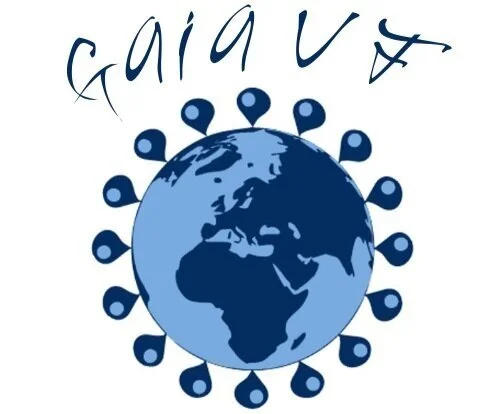A word from our founder on World AIDS Day 2015
Human contact instills hope.
Last Sunday, in honor of World AIDS Day, I spoke at Providence's Beneficent Church about fear, and stigma, and Shorty Boy. Also known as Alicia Sanchez, Shorty Boy was one of my many patients who died of AIDS before medicine found ways to keep them alive.
Many AIDS patients died back then, in the 1980s and '90s (many are still dying where access to life-saving medicine is limited). Not only patients, but also friends, and friends of friends, artists, musicians -- a whole generation -- disappeared.
There was stigma and fear of AIDS -- fear of touching, fear of breathing the same air, terror of the unknown. Health-care practitioners had to re-learn the power of touch -- the incredibly powerful act of putting one hand on another hand, or shoulder, that could shatter stigma and fear.
Shorty Boy was one of my patients in the 1980s at the Framingham Institution for Women, a place where 13 percent of the women who were incarcerated were HIV infected. Shorty Boy was a boisterous, strong, Latina lesbian, proud and loud, but also terrified to say the name of the disease that would eventually kill her.
On one World AIDS Day many years ago, she "performed" in the role of an AIDS patient in a skit at the prison. When I heard she had done so, I knew that Shorty Boy had conquered her own fear and stigma, and had come to peace with herself.
Even though she embraced her disease at the very end, when she died of AIDS, her family refused to take her ashes. So staff members, former inmates, activists and friends took Shorty Boy’s ashes to Boston and buried her under the lilacs at the Arnold Arboretum.
We did that so that, on every Mother’s Day, when the lilacs bloom, thousands of mothers and their children would embrace and celebrate the fragrance that Shorty Boy has become. She is not forgotten. Even though, these many years later, AIDS, like diabetes and heart disease, has been tamed, for those who can access medicine, I remember her.
I called out Shorty Boy’s name at the service. I spoke her name so that she would not be forgotten. I am writing her story now, so that we will all remember the fear that could be cured with a simple touch -- that we can remember that human contact can cure the fear of the "other."
Whether the "other" is a lesbian like me, or a person of color, a transgender individual, an immigrant, refugee or AIDS patient, human contact can conquer fear and stigma, and instill hope.
As we celebrate World AIDS Day, I wish that each one of us will remember that reaching out can be the best medicine -- for the one who reaches out to connect, and for the one who lives in fear. With touch, with contact, with hope, we can fight the terror of the unknown.
Annie De Groot, M.D., is CEO and CSO of EpiVax, in Providence. She is also one of the founders and the Scientific Director of GAIA Vaccine Foundation, an organization that does HIV / AIDS care, prevention, education and training in West Africa. She is a professor and director of the Institute for Immunology and Informatics at the University of Rhode Island. She is volunteer medical director of the Clinica Esperanza/Hope Clinic.
